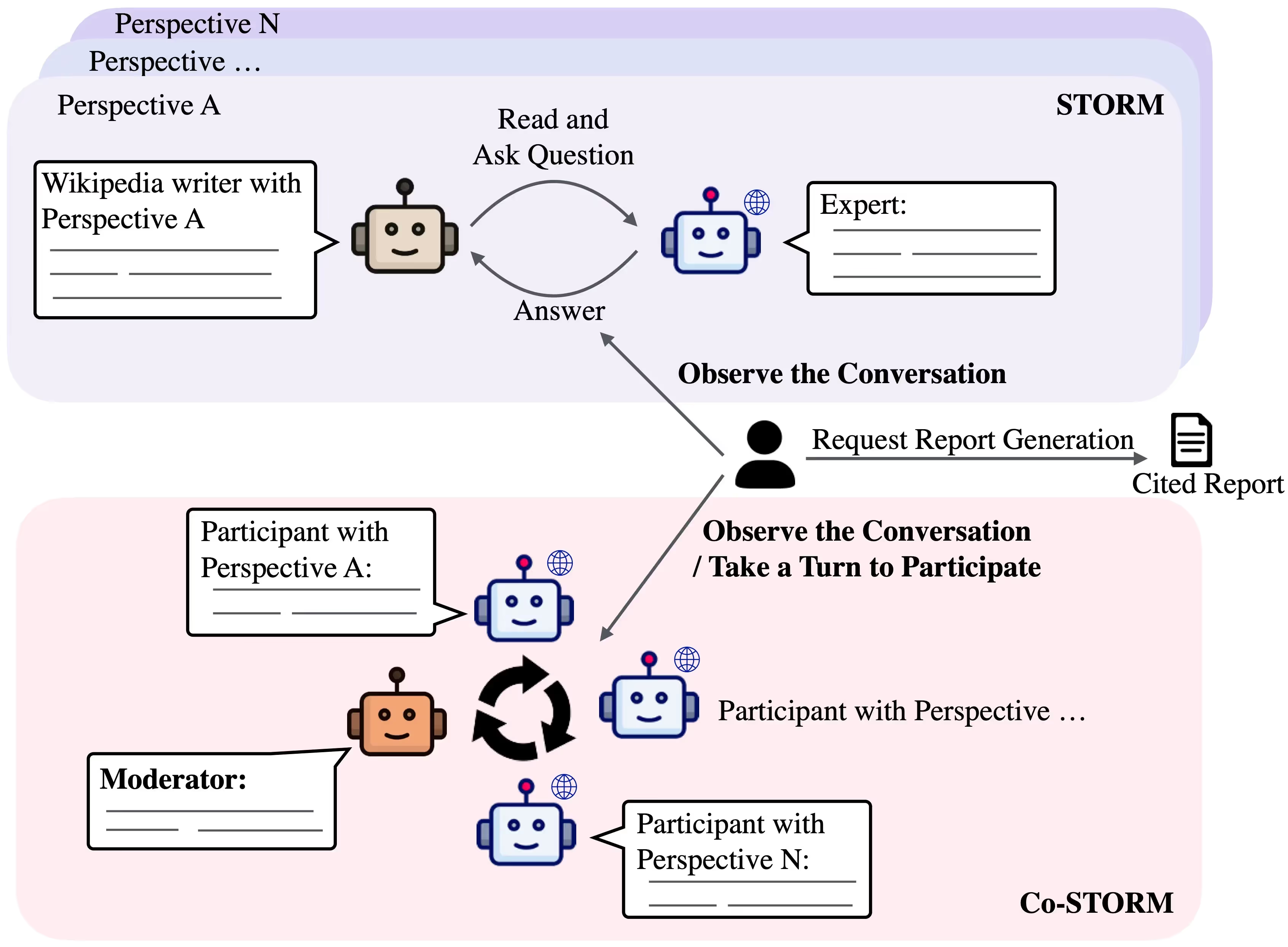Understanding the Value of a Faith-Based College Degree in the Job Market
If you're considering a faith-based degree, one of your biggest questions may be: Will employers respect my degree from a religious college or university? It's a valid concern, especially as you invest your time, money, and energy into higher education. The good news? Many employers respect a faith-based degree—sometimes more than you might think.
Let’s break down how a degree from a Christian college or other religious institution holds up in today’s workforce, and what factors contribute to career success after graduation.
What Employers Look For in a College Degree
Most employers today value a few core elements in a degree, whether it's from a secular or religious institution:
- Accreditation by recognized educational bodies
- Rigor and relevance of the curriculum
- Strong communication and critical thinking skills
- Leadership and teamwork experience
- Personal values and work ethic
A faith-based college or university often emphasizes leadership, service, and integrity—qualities that align closely with what employers are seeking.
Is a Faith-Based Education Taken Seriously by Employers?
Yes, especially when the school is regionally accredited. In fact, many well-known Christian institutions such as Liberty University, Baylor University, and Notre Dame are highly respected in professional circles. These schools offer:
- Programs aligned with industry standards
- Faculty with real-world experience
- Internships and career services bridging faith and the workplace
Employers tend to value graduates from these schools not just for academic credentials, but for their commitment to ethical behavior, leadership, and service.
What Kind of Jobs Can You Get with a Faith-Based College Degree?
Many graduates from religious colleges land jobs in the same industries as graduates from secular schools. Common fields include:
- Business and finance
- Healthcare and nursing
- Education
- Social work and counseling
- Technology and information systems
In fact, some employers in nonprofit organizations, religious institutions, or values-based companies may prefer candidates who come from faith-based backgrounds.
Does Where You Study Your Online Christian Degree Matter?
Yes, especially in online education. Employers typically look at:
- Whether the school is accredited
- The reputation of the institution
- The quality and format of the online program
Accredited online Christian colleges deliver the same curriculum as on-campus programs and often feature experienced faculty. You can earn respected degrees in business, counseling, theology, and other fast-growing fields.
Benefits of a Faith-Based Degree in the Workplace
Graduates from faith-inspired colleges often bring more than academic learning into the workforce. You’ll likely be seen as someone who:
- Has a strong moral compass
- Works well in team environments
- Communicates effectively and ethically
- Handles conflict with integrity
- Is committed to lifelong learning and service
In today’s competitive market, these soft skills are essential. They can set you apart from other candidates.
How to Make a Faith-Based Degree Work for You
To ensure your degree leads to career success, take these steps while in school and after graduation:
- Choose an accredited religious college or university
- Participate in internships and leadership opportunities
- Build a professional portfolio during your coursework
- Network with alumni and professionals in your field
- Be prepared to explain how your faith-based education shaped your work ethic and values
Remember, it’s not just the name of the school on your diploma—it’s what you do with it that matters most.
Do Employers Care If My Degree Is From a Christian School?
As long as the degree is from an accredited institution, most employers care more about:
- Your GPA and academic performance
- Your job-related skills and certifications
- Your communication during interviews
- Your work experience and references
Having a degree from a Christian university can also open doors in faith-based and nonprofit sectors, where your background might give you a competitive edge.
Are There Disadvantages to Faith-Based Degrees?
There can be a few considerations, depending on your field:
- If your degree is in a specialized or theological area, you may need additional certifications for secular careers
- Some employers unfamiliar with a school may ask about its academic quality
- Graduates from schools with narrow academic programs may need to show broader skillsets
These concerns are manageable with internships, certifications, and strong job preparation efforts.
Faith-Based Degrees and Employer Respect: Final Thoughts
In today’s job market, earning a degree from a faith-based college is both meaningful and respected. As long as the degree is accredited and you develop strong skills, you can confidently apply for roles across industries. Employers are often impressed by graduates who blend competence with character.
Your faith and values may not just be accepted—they may be exactly what set you apart.
Frequently Asked Questions About Degrees From Faith-Based Colleges
Do employers prefer Christian colleges over secular colleges?
Most employers evaluate your skills, degree accreditation, and experience over the school’s religious affiliation. However, certain organizations may prefer candidates from faith-aligned schools.
Is an online faith-based degree respected?
Yes, especially if the school is accredited and offers a robust, career-aligned curriculum. Many employers see no difference between online and on-campus degrees.
What careers are best for graduates of religious colleges?
You can pursue careers in business, healthcare, education, nonprofit leadership, social work, law, ministry, and more. Your major and internships will guide your career path more than the school's religious focus.
Will my faith-based degree limit my job options?
No—your job prospects depend more on your skills, internships, and networking. Demonstrate how your values prepared you to lead and serve, and you’ll stand out in any industry.
How can I increase the value of my faith-based education?
Gain real-world experiences, pursue certifications, and build strong references. Showcase how your education prepared you to face today's workplace challenges with courage and integrity.











.svg)



